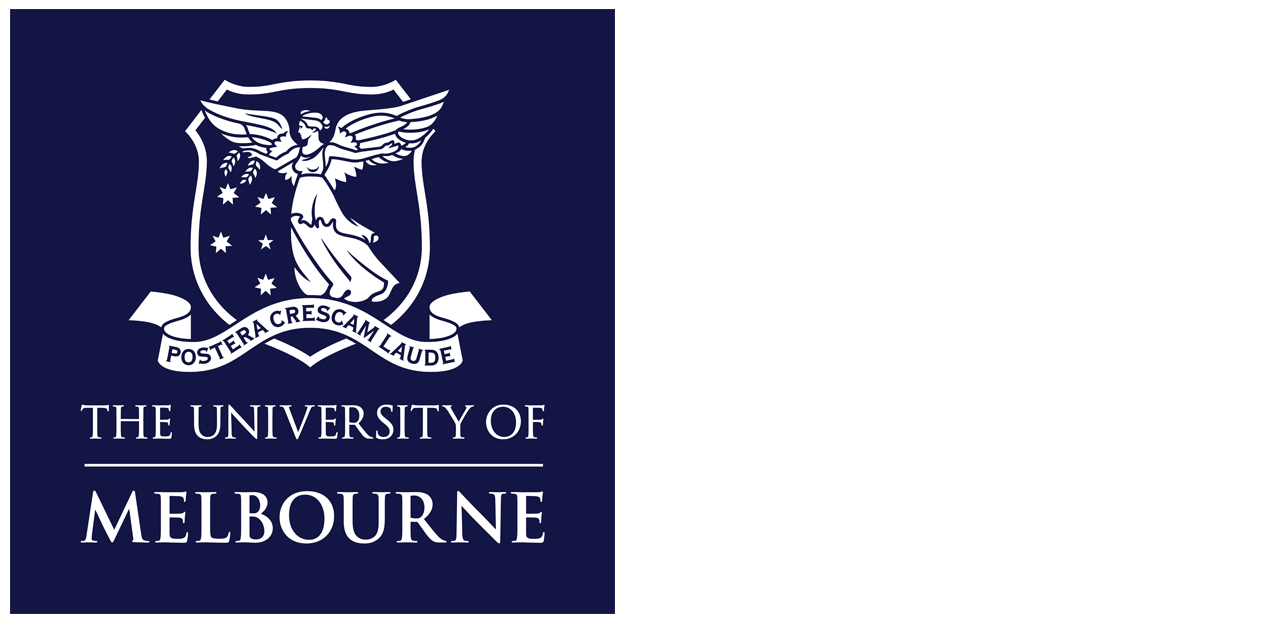

We are living through an era of great uncertainty and geo-political upheaval with growing conflicts, pandemics and environmental crises looming.
And at the centre of this uncertainty, national intelligence analysts are monitoring the situation, to predict and answer questions about the capability of global powers, criminal organisations, deception and even the world of counterespionage and double-crossing. Added to this are the biological risks. This may sound like the plot of a Hollywood movie, but there’s actually a lot of ‘intelligence’ that goes into a profession in Intelligence
In this session, hear about how intelligence analysts use mathematics and big data to monitor global and local populations, improve cybersecurity and biosecurity risks, and use structured analytic reasoning techniques for evaluating arguments, making forecasts, comparing alternative explanations, and detecting deception.
Importantly, these techniques are not just of use to intelligence analysts. Our experts will talk through their own experiences and techniques, and you can walk away knowing how to think like a spy and systemically understand the world around you.
Chris Baker
Chris Baker applies their expertise in mathematical modelling to help protect ecosystems and fight diseases. Their work spans species reintroductions, invasive species, biosecurity, and infectious disease control in animals and humans. By turning limited data into actionable insights, Chris supports evidence-based decisions to improve conservation and prepare Australia for emerging biological threats.
Dr Ariel Kruger
Dr. Kruger is a Senior Research Fellow and Trainer with specialised expertise in intelligence analysis, analytical writing, argument mapping, forecasting and expert elicitation. He has delivered training to an array of government agencies both domestically and internationally. Currently, Dr. Kruger’s academic research centres on novel methods for misinformation detection as well as analytic techniques for making sense of the future.